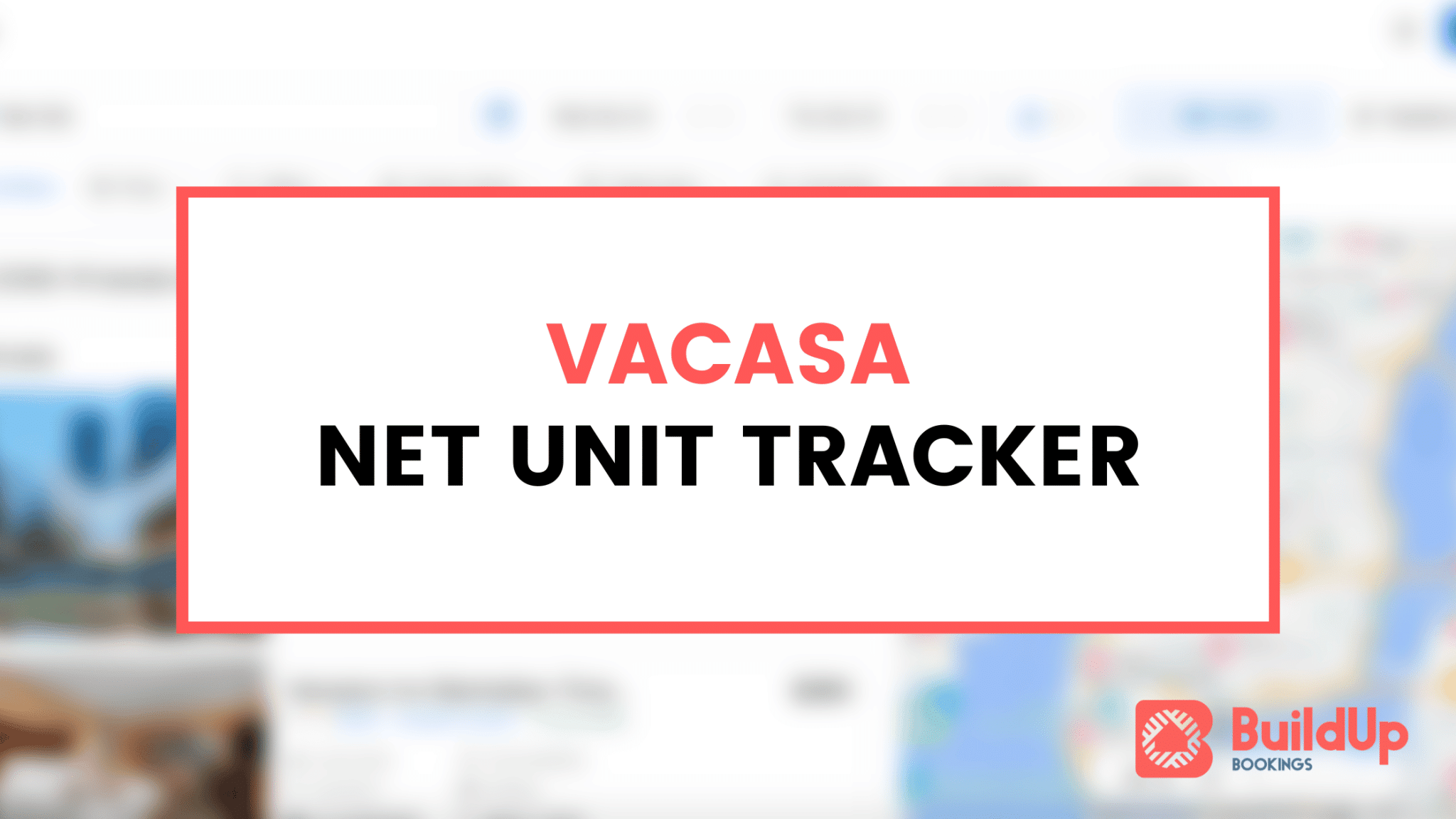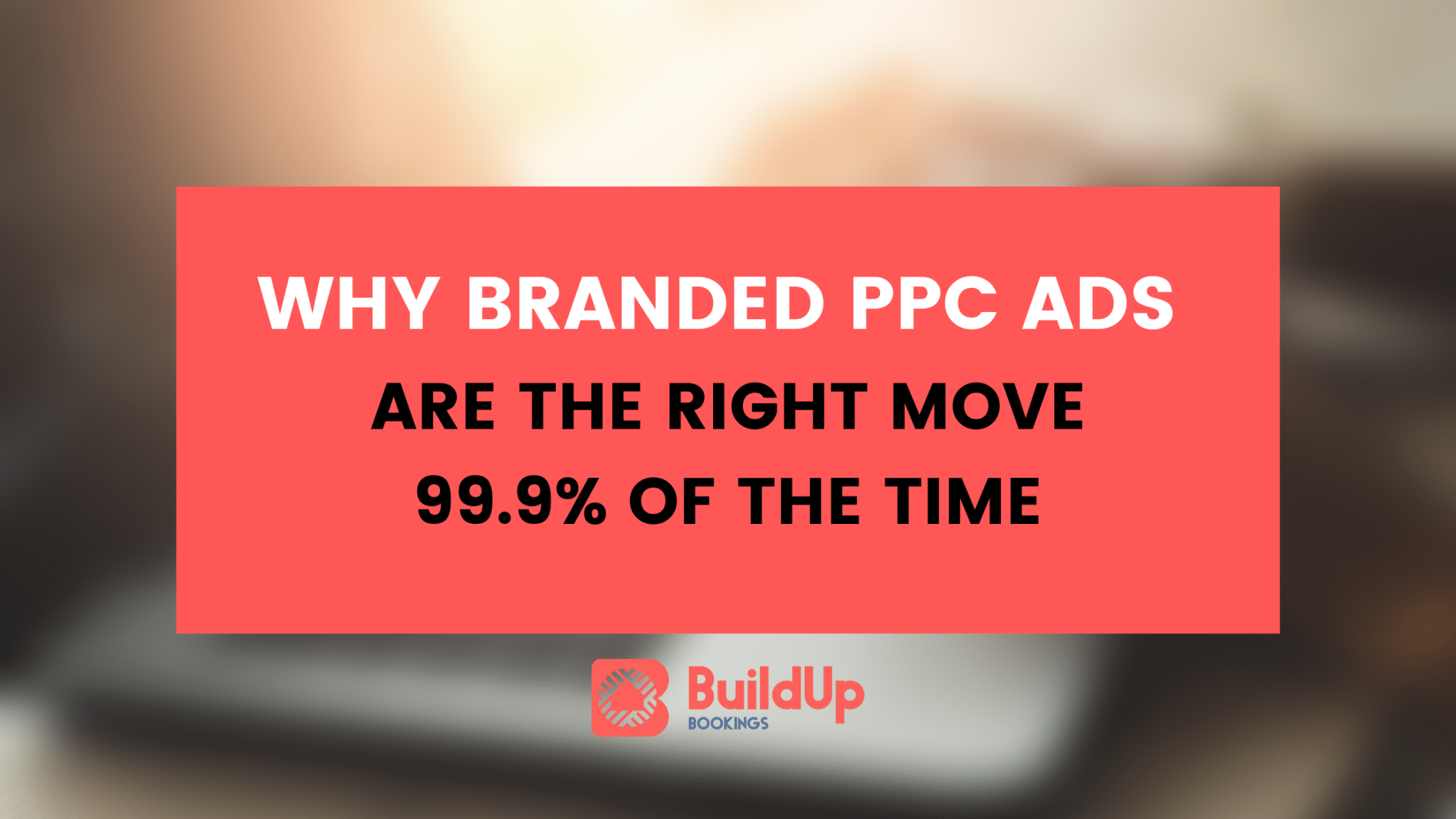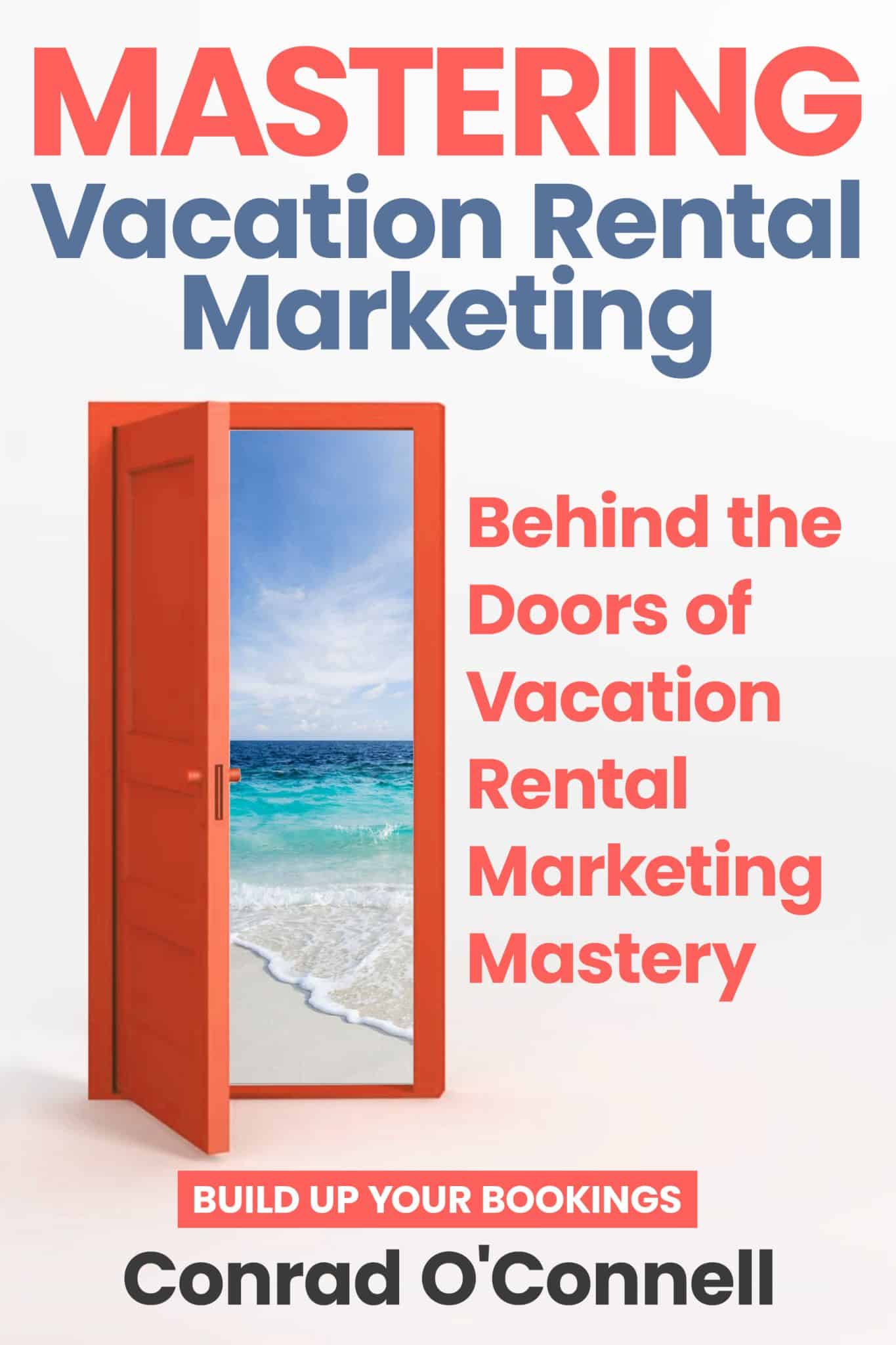 In a perfect world, advertising your vacation rental properties or other private accommodations would work flawlessly. Advertisements would be run on your own website and listing sites, friendly guests pay full price and you fill your rentals months in advance.
In a perfect world, advertising your vacation rental properties or other private accommodations would work flawlessly. Advertisements would be run on your own website and listing sites, friendly guests pay full price and you fill your rentals months in advance.
We, of course, don’t live in a perfect world.
There may be times where you need to discount to book open weeks and nights at your rentals. Most commonly, I find that property managers slash rates, send an email to their entire list and hope for the best. The more savvy ones may also throw out a Facebook post as well. While this is easy for guests and owners to understand, it is not the only discounting strategy that can be used to drive more bookings — below we’ll evaluate different options for generating bookings.
Offering Specials On Nightly Rates
By far the most common strategy, this is fairly easy to understand for all parties: the nightly rate was $199, we’re slashing to $179 if you book these weeks or days. Cutting your nightly rates is easy for the guest to see when using tools like dynamic pricing but also lowers both your revenue and your owner’s net earnings as well.
While this is an easy strategy, cutting nightly rates doesn’t often lead to the types of increases in bookings that you might expect. A $20 reduction in nightly rate will reduce the average property manager’s revenue by $840 per thirty days booked, per property assuming a 20% commission. Reviewing data from email sends using this strategy, it nets a below-average conversion rate.
While is strategy is simple and easy to understand, it is best done with plenty of notice and using dynamic pricing on your website.
Rate Markdown & Last-Minute Bidding
Another discounting strategy I commonly see are rate-markdowns and last-minute deals or specials. This in my opinion is a better strategy compared to simple percentage-based discounts as the clarity in discounting is a lot easier for the guest to see and understand.
For example: if your average weekly rate is $2,200 for a three-bedroom property, a 15% rent discount will bring a weekly rate to $1,870.
However, showing the guest a $300 weekly rate discount looks bigger than 15% (even though it’s actually smaller). As a result, you actually can discount the rates a lower gross percentage while making your promotions more eye-popping when sending emails, posting on Facebook and communicating discounts on your website. It’s easier to understand $300 savings as opposed to a 15% discount that leaves guests opening their calculator app or (trying) to do math in their head.
Using a fixed-dollar discounts depending on the bracket of the vacation rental is a great strategy. While this can mean some properties may get slightly larger discounts, you can easily solve this with tiered discounts. For example, save $100 on any 1-bedroom rental, $200 for any 2-bedroom, and so on. Don’t underestimate the age-old marketing tactic of $99 pricing depending on the needs of your rental property. Adjusting a rental rate from $2,300 to $1,999 is psychologically powerful.
In addition to rate markdowns, last minute bidding can work well too. The benefit of using a form or dedicated landing page for last-minute bidding is that your prices aren’t shown publicly, so the impression of your regular rack rates aren’t changed. If a guest knows that they can wait last minute and get their ideal property for $400 less then the industry is always going to be incentivizing this behavior. By putting up a layer of privacy to limit the actual numbers and carefully segmenting marketing lists when promoting last minute bids, you can often fill properties at a fair rate during peak seasons.
Rewards, Freebies & Loyalty Programs
Another emerging trend with smaller vacation rental managers is the popularity of loyalty programs and rewards offers. This often takes place with points or dollar systems that track the number of value of guest stays and offers perks for staying again in the following year. For example, a family that visits the same destination every year may be eager to reserve the same property each time they visit. You can offer perks for rebooking early or keep rates the same to lure in existing guests.
This strategy can be highly dependent on the nature of each market — a more urban city market like New York City based vacation rentals will likely have a hard time using this strategy as they may get a lot of ‘one-time’ bookers. However, traditional vacation rental markets in popular ski and beach destinations will likely have a solid contingent guests who come back every year (perhaps every other year). Leveraging their stay into a loyal guest means you can earn their business time and time again.
Early Booking Perks With Bundled Extras
On the flip side of last-minute discounting, early booking perks are also an area that I’ve seen grow in popularity. Instead of offering deals for booking last-minute, you offer a reason or incentive to book early. While the concept of ‘hurry and book before this property goes away’ is often a reasonable strategy to employ, the truth is that many people wait or have to coordinate travel between their entire group. This means that waiting is often incentivized by vacation rental owners and managers (per our last-minute discounting examples above). Naturally, this leads to guests feeling that there will be plenty of open rentals weeks or every days before their planned vacation. Not a good trend!
Instead, a perk to make their booking early can move the guest in the direction that’s best for you. Example ideas of early booking perks:
- Get an extra night on your stay (a two or three night stay turning into a Monday checkout rarely is an issue)
- Including a $50 or $100 gift card to local restaurants or bars
- A complimentary rental car with your stay
- Offering free mid-week cleanings
- Bundles with ‘upsells’ like beach gear, ski rentals, grills or other vacation gear included
Offers vary depending on the positioning and branding of your rental properties as well as the USP of your destination. Adjust accordingly for you and don’t offer this all the time. Sales have to be limited-time to make an impact in the guests urgency to make a decision.
What are your thoughts? Discounting is not the most fun area of marketing however it is often a necessary tool to use to help drive bookings during peak seasons.







